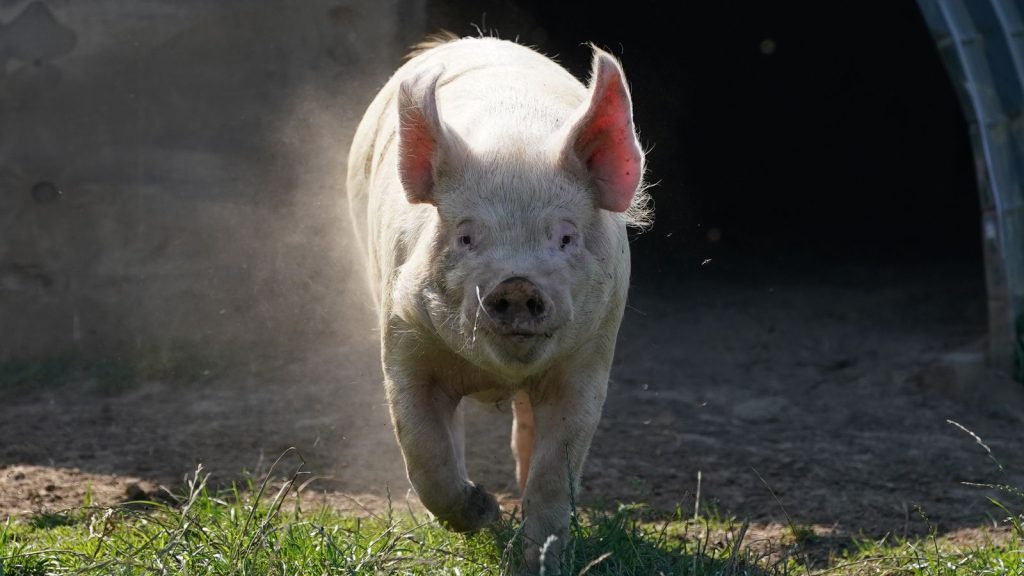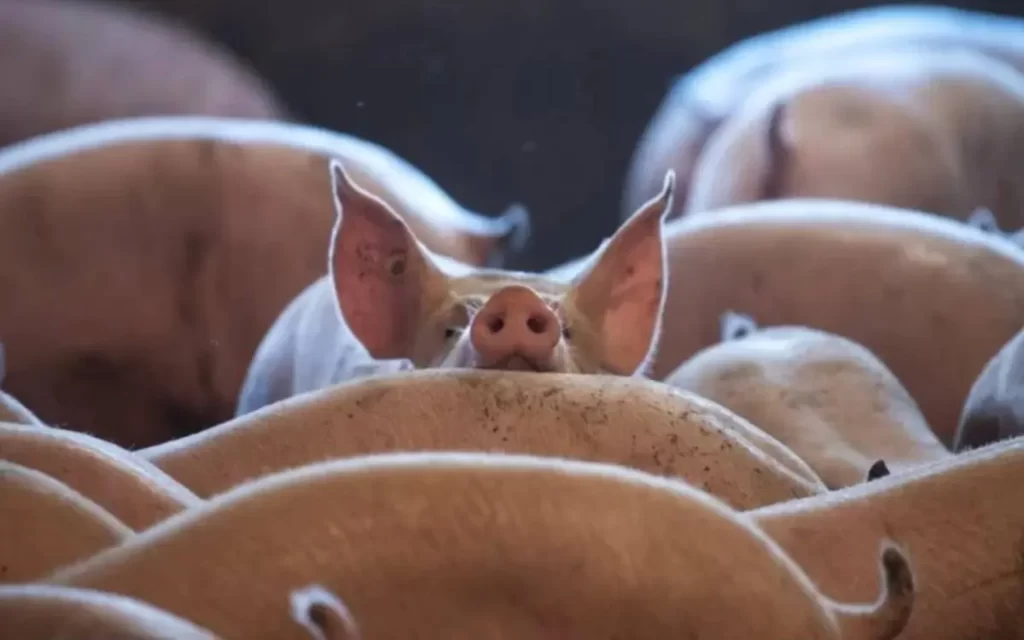In a groundbreaking experiment, doctors in China successfully transplanted a genetically modified pig liver into a brain-dead human.
Remarkably, it functioned for 10 days.
“This is a great achievement,” said Dr. Lin Wang, one of the lead researchers.
The pig liver functioned well, with good blood flow, no rejection, and even bile production.
The demand is staggering—over 9,000 people in the U.S. alone are waiting for a liver transplant.

Could This Be The Future of Liver Transplants?
While scientists have made progress with pig kidney and heart transplants, the liver is trickier.
“The liver does everything,” said Dr. Shimul Shah, an expert in xenotransplantation.
“Filtering toxins, processing nutrients, producing proteins—it’s complex.”
This experiment could be a game-changer, potentially serving as a temporary “bridge” for patients awaiting human donors.
But there’s a long road ahead.

The pig liver didn’t produce as much bile or proteins as a human’s would, and the trial was cut short at the family’s request.
Still, this is a major step.
As research continues, could pigs one day solve the global organ shortage?
The science is moving fast—maybe faster than we ever imagined.





